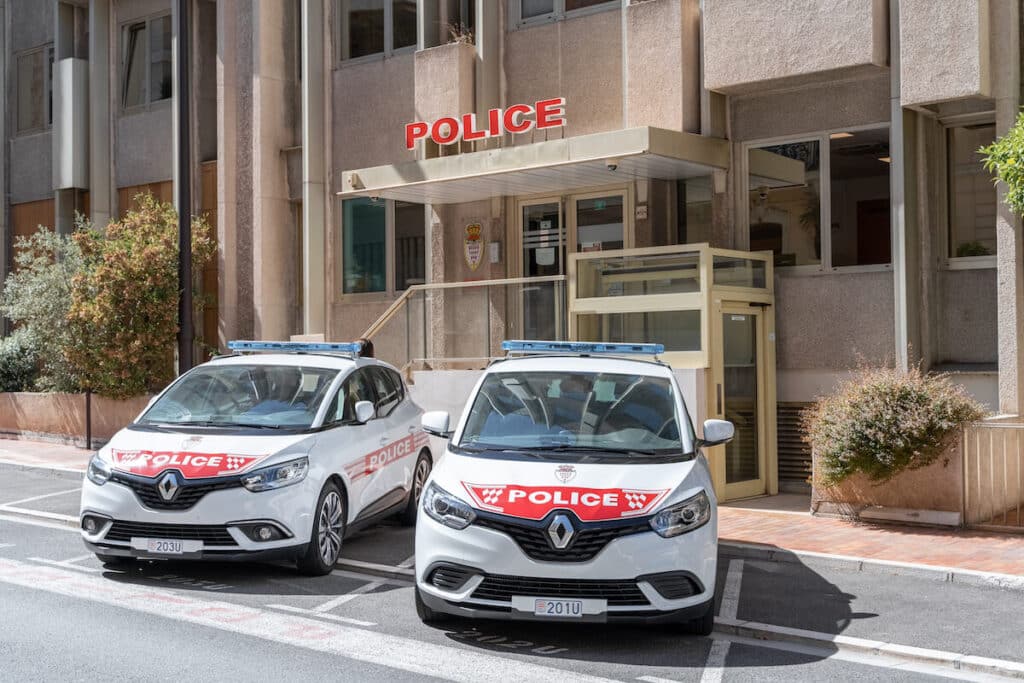Beware of fake e-mails allegedly from Monaco police

They contain fake summonses.
Over the last 48 hours, fraudulent e-mails sent in the name of Monaco’s Direction de la Sûreté Publique (Police Department) have been sent out, apparently at random, from different e-mail addresses, some of which get through the e-mail providers’ spam filters.
“This is a malicious attempted phishing campaign aimed at swindling potential victims who respond to the message,” the police said.
“These fake and awkwardly written e-mails inform the recipients that they are allegedly implicated in a procedure and ask them to open a document in PDF format, contained in an attachment, as well as to send a reply by e-mail. The fake summons refers to alleged ‘criminal proceedings concerning acts of a sexual nature’ against the recipient of the message.”
Anyone receiving such a message is advised:
- NOT to reply to the sender
- NOT to open the attached PDF file
- To forward the mail they received to cyber@gouv.mc
- To flag the mail and/or the sender as Junk/Undesirable in their mailbox.
More broadly, the Police Department reminds us that :
- The Police Department never sends summonses of this nature by email.
- There is only one format for email addresses used by Government departments: xxxx@gouv.mc.
- Do not trust the sender’s title, which they can choose at will, or the subject of the message.
- The actual e-mail address of the sender can be checked by touching the < From > field (on a smartphone) or by right-clicking on it (on a PC).
- Certain e-mail addresses are specially designed to look like legitimate addresses except for one small detail, such as replacing the letter (i) with the letter (l), adding a dot (.) or another character, to create confusion.










